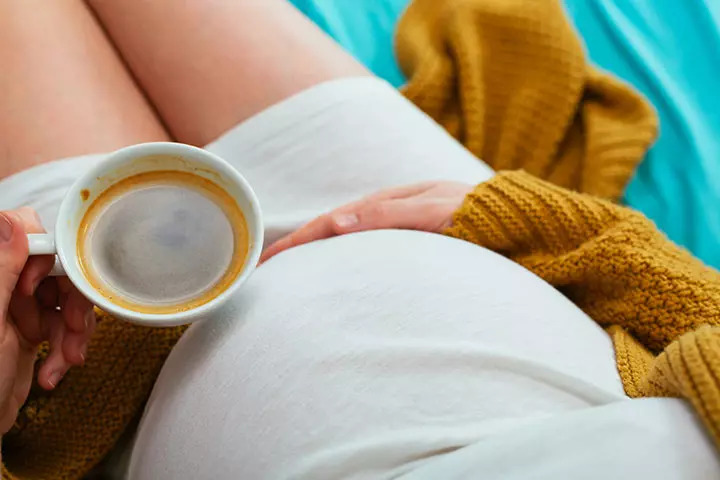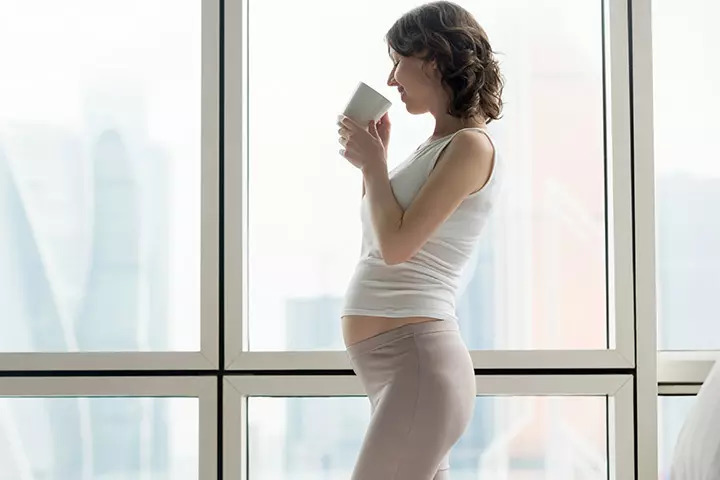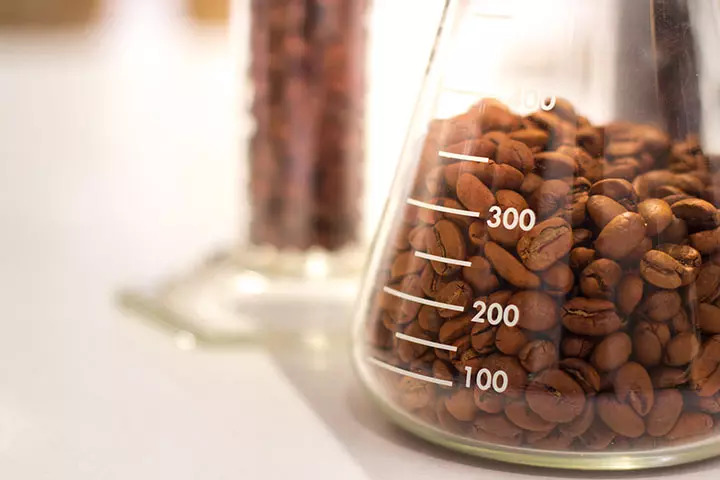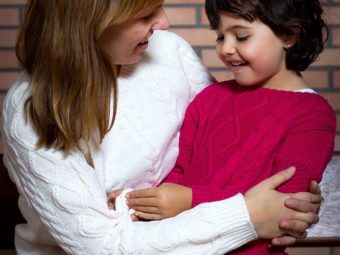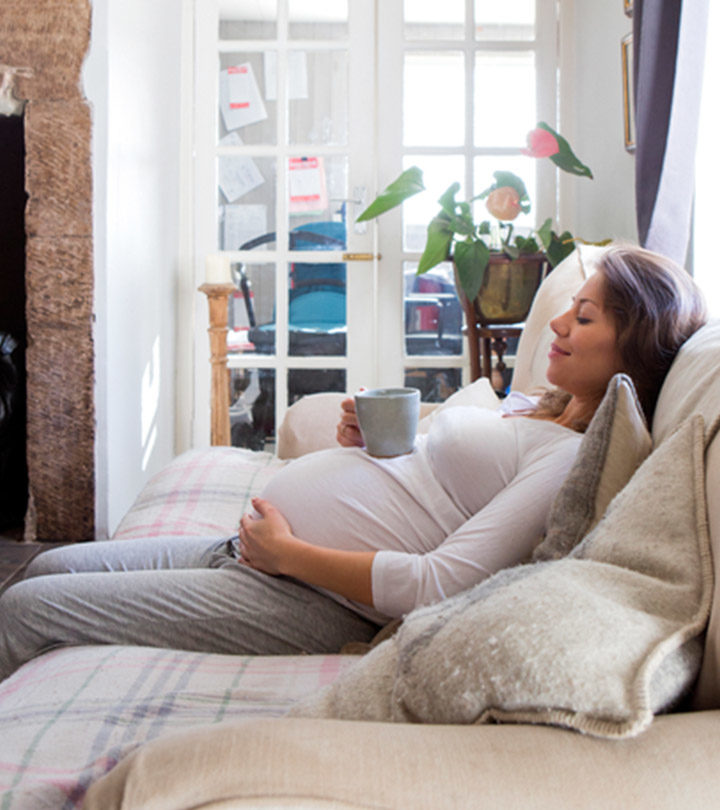
Image: iStock
Being pregnant comes with a separate list of do’s and don’ts. It also calls for some major food cravings, such as pickles, red meat, peanut butter, etc. For a coffee lover, coffee is no less than a craving that you have. While most of the food is considered to be safe, people are not sure if it is okay to drink coffee while pregnant.
Having that cup of coffee every morning gives you the extra energy boost that you need to go about your day. It helps you work under stress and gives you a sense of comfort. Caffeine can be quite an addiction, and women who drink coffee every day will have a hard time giving up their daily dose of coffee. Abruptly stopping the consumption of caffeine can lead to withdrawal symptoms such as headache, fatigue, anxiety, depression, etc. We often find ourselves receiving conflicting views from our neighbors, relatives, and the internet on the effects of caffeine on our body during pregnancy. So, is coffee safe during pregnancy? And if so, how much is too much?
Is Coffee Safe During Pregnancy?
Women are known to go cold turkey on caffeine the minute they hear the good news. But if consumed in moderation, caffeine is considered to be safe during pregnancy (1). Keeping a check on how much of caffeine you consume in a day is important for the well being of your baby. The amount of caffeine present in each drink may vary between regularly brewed coffee, instant coffee, expresso, and decaf coffee. While 237 ml (8 oz) of brewed coffee has a caffeine content of 95-165 mg, a decaf brewed coffee of the same ml has only 2-5mg of caffeine content in it (2). Similarly, 30 ml (1 oz) of expresso has a caffeine content of 47-64 ml, whereas 30 ml (1 oz) of expresso, decaf has 0 ml of caffeine in it (3). So, if you are a coffee person and you cannot do without it, it is always better to switch to decaf as the caffeine content is significantly less. A cup of coffee can have caffeine content anywhere between 30-700 ml. So, it is important to know how much caffeine is going inside your body. Caffeine can be found in other food items and beverages such as chocolate, soda, energy drinks, frozen treats, etc. So, make sure to read the label and keep tabs on your caffeine intake.
Effects Of Caffeine On Pregnant Women
If consumed in excess, caffeine can increase the possibility of birth defects, infertility, miscarriage, premature birth, stillbirth, cot death, and fetal growth restriction (4). Caffeine being a diuretic can make you urinate more which can result in losing important minerals, such as calcium. It can intervene with the sleep of you and your fetus (5). You don’t want to consume anything that can potentially harm your baby, so be careful how much you consume.
How Much Of Caffeine Is Actually Considered To Be Safe?
The American College of Obstetricians and Gynecologists (ACOG) states that a moderate intake of fewer than 200 milligrams of caffeine a day is safe during pregnancy (6). Sam David, who is a New York-based reproductive endocrinologist and pregnancy loss expert advises his patients to either have one cup of coffee a day, which contains 100 milligrams of caffeine, or two cups of black or green tea to be on the safer side (7).
For the longest time, women were getting mixed signals on whether or not they can have their favorite cup of coffee without jeopardizing the health of their little one. So, you can now indulge in your cup of coffee without feeling guilty about it. (Of course, in moderation!)

